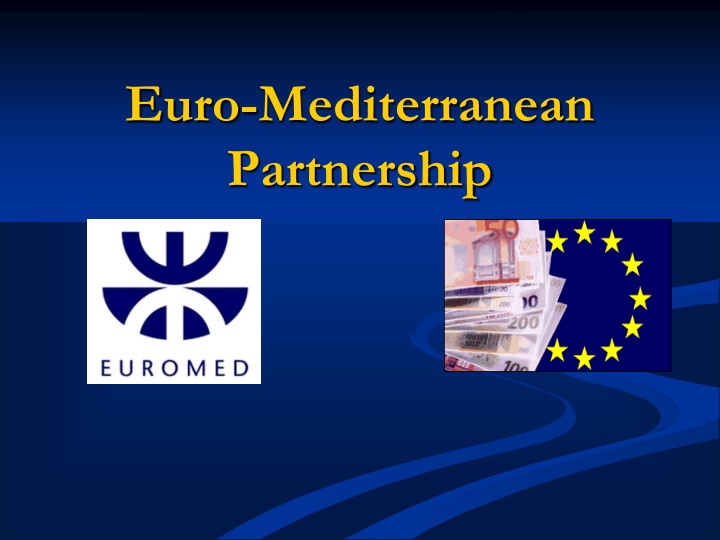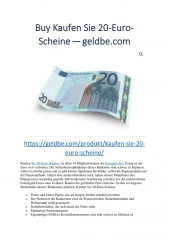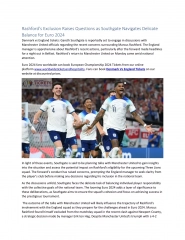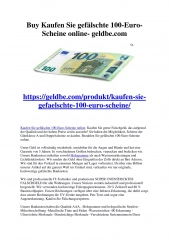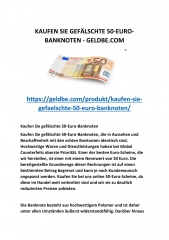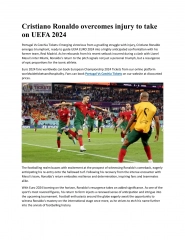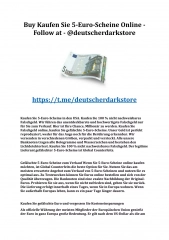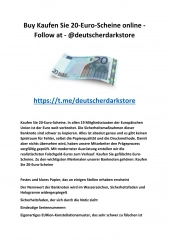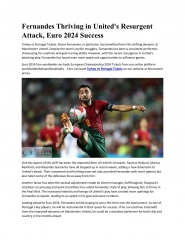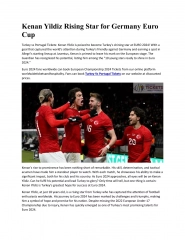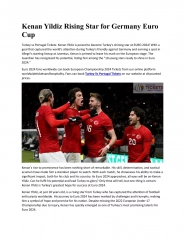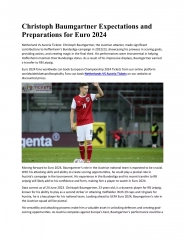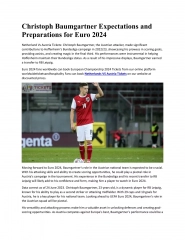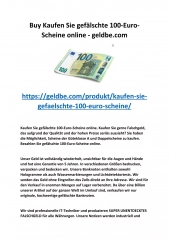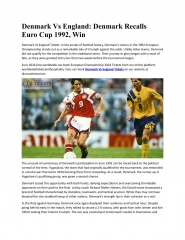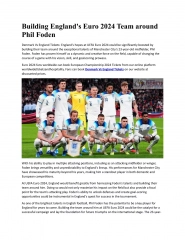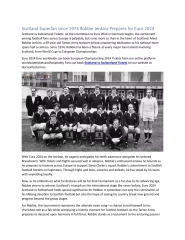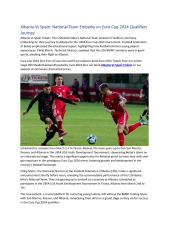Euro-Mediterranean Partnership
The Euro-Mediterranean Partnership (EMP) consists of EU-25 countries and 10 Mediterranean partners, aiming for enhanced political dialogue, economic cooperation, and social development. Explore its history, agreements, and the Barcelona Process.
Download Presentation

Please find below an Image/Link to download the presentation.
The content on the website is provided AS IS for your information and personal use only. It may not be sold, licensed, or shared on other websites without obtaining consent from the author.If you encounter any issues during the download, it is possible that the publisher has removed the file from their server.
You are allowed to download the files provided on this website for personal or commercial use, subject to the condition that they are used lawfully. All files are the property of their respective owners.
The content on the website is provided AS IS for your information and personal use only. It may not be sold, licensed, or shared on other websites without obtaining consent from the author.
E N D
Presentation Transcript
Euro-Mediterranean Partnership
Introduction The EMP is made up of the countries of the EU-25 and 10 Mediterranean Partners (Algeria, Egypt, Israel, Jordan, Lebanon, Morocco, Palestinian Authority, Syria, Tunisia and Turkey). Libya has had observer status since 1999. Source: http://europa.eu.int/comm/external_relations/med_mideast/intro/index.htm
Mediterranean countries: In an unstable region Lack education and training institutions. - Lack financial structures to attract foreign capital
Recent History of Euro- Mediterranean Agreements In 1976, the EC concluded bilateral agreements with three Maghreb countries: Egypt, Morocco and Tunisia In 1977 the EC concluded bilateral agreements with four Mashreq countries: Egypt, Jordan, Syria and Lebanon Direct aid and trade agreements formed the substance of these arrangements, and governed relationships up until 1996
Progress thus far Bilateral Agreements Negotiated: Tunisia (1995), Israel (1995), Morocco (1996) , Jordan (1997), Egypt (2001), Algeria (2002), Lebanon (2002) and Syria (2004). Bilateral Agreements Ratified: Tunisia (1998), Morocco (2000), Israel (2000), Jordan (2002) and Egypt (2004) Regional Agreements: Arab Maghreb Union (Morocco, Algeria, Tunisia, Mauritania and Libya) signed in 1989. Seen as a precursor of a North African Common Market. Agadir Agreement signed in February 2004 by Morocco, Tunisia, Egypt and Jordan. This expressed the intention to set up a free trade area, to meet the 2010 target. The Agadir Declaration was signed in 2001, and was given 4m by the EU to develop. Source: http://europa.eu.int/comm/external_relations/euromed/free_trade_area.htm
A New Beginning: The Barcelona Process The starting point of the EMP, the Barcelona Process was inaugurated in November 1995 The stated aim was to establish a comprehensive partnership among the participants the EuroMediterranean partnership through strengthened political dialogue on a regular basis, the development of economic and financial cooperation and greater emphasis on the social, cultural and human dimension, these being the three aspects of the EuroMediterranean partnership. Source: The Barcelona Declaration, available at http://europa.eu.int/comm/external_relations/euromed/bd.htm
The Barcelona Process started at the Euro- Mediterranean Conference of Ministers of Foreign Affairs, 27-28 November 1995 It aimed to establish a Euro-Mediterranean Free Trade Area (EMFTA) by 2010, through Association Agreements with the EU At present, there are agreements between the EU and Tunisia, Israel, Morocco, the Palestinian Authority, Egypt, Algeria and Lebanon.
Structure of the EMP Economic Political Creation of a free trade area by 2010 Cultural and Social 1. Respect for international law and human rights 1. Promoting educational and cultural exchanges Gradual elimination of barriers and tariffs 2. Develop the rule of law, while respecting territorial integrity 2. Improving the health sector in the Mediterranean Basin Promoting private market mechanisms and the protection of rights 3. Respect diversity and promote tolerance 3. Developing the social sector through promotion of human rights Economic cooperation and concerted action 4. Prevent and combat terrorism 4. Controlling immigration through economic development Encouraging FDI inflows 5. Attempt to prevent nuclear proliferation Promote rural development through modernizing agriculture 6. Aim to create "area of peace and stability in the Mediterranean" 5. Conclude agreement on international crime and develop more effective immigration policies Financial cooperation Aid and developing macroeconomic policies for each country (MEDA) Adapted from The Barcelona Declaration
MEDA Principal financial instrument of EU for implementation of Euro- Mediterranean Partnership. Manages co-operation with South-Mediterranean + Middle East countries Offers technical + financial support measures to accompany the reform of economic and social structures in the Mediterranean partners Programme applies to States, their local and regional authorities as well as actors of their civil society Implemented by DG EuropAid MEDA: 1995-1999 : 3,435 million MEDA II: 2000-2006: 5,350 million MEDA programme has a double vocation: bilateral and regional Source: Europa website
2. How will Mediterranean countries be affected by a Free Trade Area with the EU? Mediterranean countries may benefit in the long-run. Increased FDI (potentially). Workers become more skilled (more productive). More jobs, with higher wages. Stand to lose out in the short-medium term Lower custom duties higher domestic tax rates. Deteriorating trade deficits ( imports > exports) Job losses, resulting from the opening of the heavily protected industrial markets of the Arab countries to EU exporters.
EMP: A Classic Case of Soft Power ? A Theoretical Perspective Given the goals of the EMP, it seems clear that the EU is attempting to use soft power through economic and fiscal instruments rather than military power to solve potential problems. Realist explanations for the nature of EMP: Countering US influence in the region Controlling the region through the creation of asymmetrical dependency relationships Containing the emergence of political Islam Source: Crawford, B. Why the Euro-Med Partnership? European Union Strategies in the Mediterranean Region
Empirical Evidence: Trade Mediterranean Imports from EU Mediterranean Exports to EU, % 12000 60 MCs W/o Turk,Isr MCs W/o Turk,Isr 10000 Average Exports to EU, % of Total 55 Average Imports to EU, $m 8000 6000 50 4000 45 2000 40 0 1985 1990 1995 2000 1985 1990 1995 2000 Year Year Mediterranean Exports to EU Mediterranean Imports from EU, % 12000 60 MCs W/o Turk,Isr 10000 Average Imports to EU, % of Total 55 Average Exports to EU, $m 8000 6000 50 4000 45 MCs W/o Turk,Isr 2000 40 0 1985 1990 1995 2000 1985 1990 1995 2000 Year Year Source: UNCTAD Handbook of Statistics 2005 http://stats.unctad.org/Handbook/
Empirical Evidence: Freedom House Rankings Freedom of EMP Countries 6.0 MCs W/o Turk,Isr 5.5 Combined FH Average 5.0 4.5 4.0 1985 1990 1995 2000 Year Source: Freedom House, Freedom in the World Rankings http://www.freedomhouse.org/template.cfm?page=15&year=2005
Barcelona Process- 3 criteria. Regional integration- e.g. Agadir FTA agreement, Arab Maghreb Union. Association Agreements Financial Assistance-e.g.MEDA
Success or Failure? Exports from the region to EU27 have increased by 10% per year (2000-2006). Imports from the EU to region have risen by 4%. (2000-2006) Trade between the two regions reached 120 billion euros in 2006.
Has EMP Been Successful? Limited cooperation between the Mediterranean countries amongst themselves Creation of dependencies on the EU, rather than bilateral processes: lack of MNMC representation CEE enlargement has led to a squeeze on the potential goods and FDI investment. Originally a problem with Spain, Portugal and Greece, and potentially Turkey as well. CAP prevents trade in agriculture, one of the key areas for the Mediterranean Basin countries EU and Mediterranean region still progresses on the basis of bilateral rather than regional basis Mediterranean region still heavily dependent on EU, suggesting that liberalization of the markets has not been fully achieved
Summary In their search for a more effective Mediterranean policy, EU countries have faced the old dilemma of how to reconcile essentially political and security objectives with limited trade and financial instruments. Source: Tsoukalis, L. The New European Economy Revisited Oxford: OUP (1997) p.245
Sources Panagariya, A. (2002) EU Preferential Trade Arrangements and Developing Countries The World Economy 25 (10), 1415-1432. McQueen, Matthew (2002) The EU's Free trade Agreements with Developing Countries: A Case of Wishful Thinking? The World Economy 25 (9), 1369-1385. Crawford, B. Why the Euro-Med Partnership? European Union Strategies in the Mediterranean Region in Aggarwal, V.K. & E.A. Fogarty (eds) EU Trade Strategies Houndmills: Palgrave MacMillan (2004) http://stats.unctad.org/Handbook/ Laursen, F. Trade and Aid in Cram, L., D. Dinan & N. Nugent Developments in the European Union Basingstoke: MacMillan(1999) http://europa.eu.int/comm/trade/issues/bilateral/countries/tunisia/index_en.htm http://europa.eu.int/comm/trade/issues/bilateral/countries/algeria/index_en.htm Source: Bilateral trade relations. Accessed: http://europa.eu.int/comm/trade/issues/bilateral/regions/euromed/index_en.htm 19:21 12/02/05. Source: Making globalisation work for everyone- Accessed: http://www.europa.eu.int/comm/publications/booklets/move/37/en.doc 17:00 12/02/05. Trade-info.cec.eu.int/doclib/docs/2005/july/tradoc_122002.pdf Trade-info.cec.eu.int/doclib/docs/2005/july/tradoc_113343.pdf Richard Gillespie A Political Agenda for Region-building? The EMP and Democracy Promotion in North Africa (2004), (University of California, Berkeley) Accessed: http://repositories.cdlib.org/cgi/viewcontent.cgi?article=1042&context=ies 19:08 13/02/06 Mo na Fauchier-Delavigne, Federico Costanza et Nadja Kamil, The Med Academy , 28.11.2005. Translation : Kate Lee & Sarah Turpin Accessed: http://www.cafebabel.com/en/dossierprintversion.asp?Id=234 Kevin Byrne Euromed, an economic failure? , 28.11.2005 Accessed: http://www.cafebabel.com/en/dossierprintversion.asp?Id=234 Christophe Schramm Europe, fortress or promised land? , 28.11.2005 Translation : Lucy Collins Accessed: http://www.cafebabel.com/en/dossierprintversion.asp?Id=234
